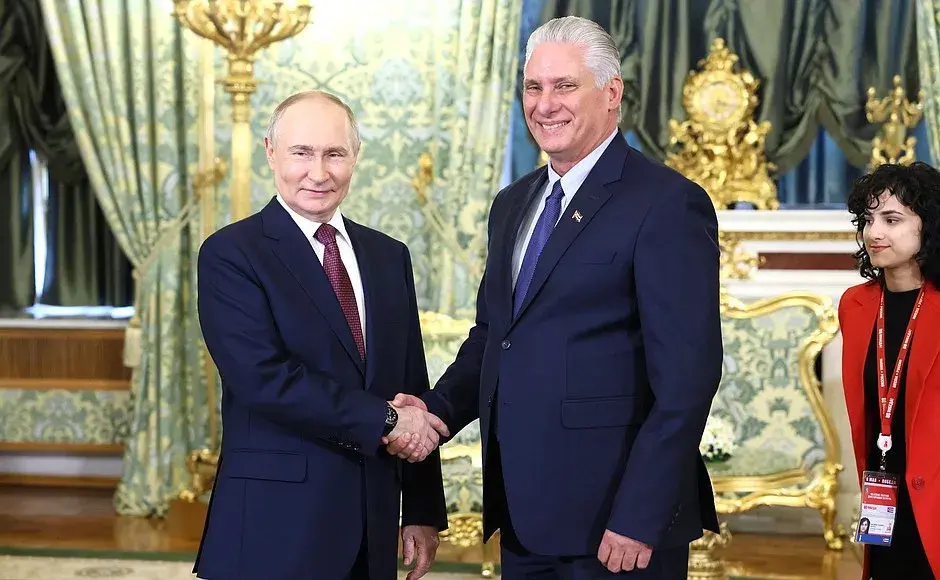Chancellor Merz and President Zelensky sign agreement enabling Kyiv to produce arms without range restrictions, marking a shift in Western strategy.

German Chancellor Friedrich Merz and Ukrainian President Volodymyr Zelensky signed a formal agreement to deepen military-industrial cooperation, enabling Ukraine to produce long-range weapons without restrictions on their use, including the possibility of striking targets inside Russia.
The agreement, framed as a declaration of intent, will be signed by German Defense Minister Boris Pistorius and Ukrainian Defense Minister Rustem Umerov. At a joint press conference, Merz described the deal as “the start of a new form of military and industrial cooperation between Germany and Ukraine,” emphasizing that the collaboration will allow production both within Germany and on Ukrainian territory.
Merz stated, “We are continuing and expanding our military support so that Ukraine can continue to defend itself now and in the future against Russian aggression,” noting that the arrangement covers the acquisition of Ukrainian-manufactured long-range systems and explicitly removes limitations on range.
The announcement marks a significant development in Western support for Ukraine. Until recently, Germany had maintained more restrictive policies compared to allies such as the United States, the United Kingdom, and France, which last year permitted Ukraine to use supplied weapons in limited strikes inside Russian territory.
Zelensky’s visit to Berlin, his first since Merz assumed office earlier this month, was marked by formal military honors at the Federal Chancellery. Following bilateral talks, the leaders attended an official lunch and met with German business representatives.
While details about the specific weapons systems were not disclosed, Merz indicated that the cooperation could include joint production efforts. According to Politico, Germany may supply technical components to support Ukraine’s domestic manufacturing of long-range missiles and cruise missiles. Zelensky confirmed the beginning of joint projects, mentioning the importance of drones for Ukrainian defense efforts.
The agreement follows recent remarks by Merz noting that Germany, alongside France, the UK, and the US, had lifted prior restrictions on Ukrainian attacks beyond the front lines, particularly addressing rear positions in Russian territory. However, Merz did not clarify whether Germany would supply Ukraine with Taurus missiles, which have a range of up to 500 kilometers.
On another front, Merz reaffirmed Germany’s position against the reactivation of the Nord Stream 2 gas pipeline, damaged in 2022 by underwater explosions. He stated that Germany remains committed to maintaining pressure on Russia and ensuring the pipeline does not resume operations.
Regarding Ukraine’s participation in the upcoming NATO summit in The Hague, Zelensky expressed concerns about the possibility of exclusion, which he characterized as politically significant. Dutch Defense Minister Ruben Breklemans indicated efforts are ongoing to establish a participation format, though reports suggest the United States has raised objections.
Zelensky concluded his diplomatic visit with a meeting at Bellevue Palace with German President Frank-Walter Steinmeier
Keep Independent Journalism Alive
In a world flooded with noise, independent journalism is more vital than ever. We work hard to bring you clear, accurate, and unbiased international news — free from corporate or political influence.If you believe in the power of honest reporting, please consider making a donation. Every contribution, big or small, helps us stay independent and keep the world informed.
Support us via PayPalYour support makes a difference.


